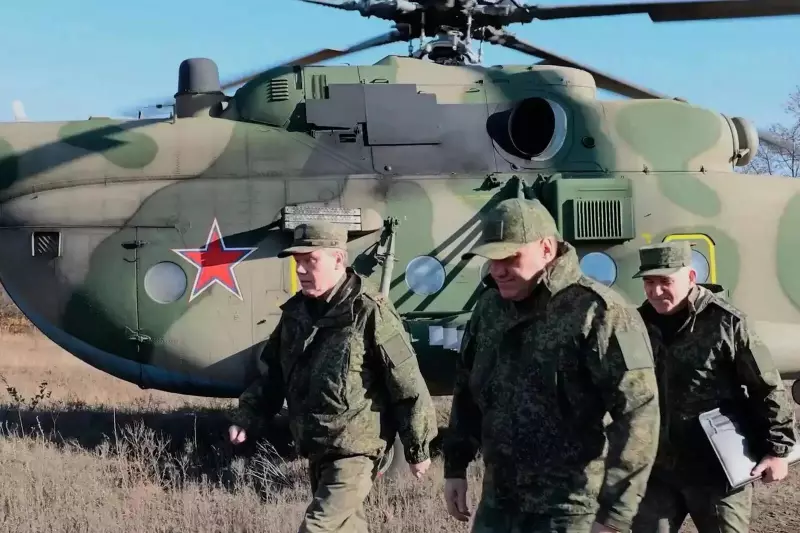
In a startling development that has caught international attention, Russian mercenary forces operating in Mali have been systematically exploiting sophisticated military equipment to strengthen their foothold in the volatile West African nation. The Wagner Group, Moscow's shadowy private military company, has been deploying advanced assets in ways that are reshaping the regional security landscape.
The Strategic Military Footprint
Recent intelligence and ground reports indicate that Wagner operatives have gained access to and are effectively utilizing Mali's military infrastructure. This includes armored vehicles, surveillance systems, and aerial assets that were originally intended for the Malian armed forces. The mercenaries have integrated these resources into their operational framework, creating a formidable presence that extends beyond conventional private military operations.
Geopolitical Implications for West Africa
The situation represents a significant shift in the balance of power within the Sahel region. With traditional Western partners like France scaling back their military presence, Russia has stepped in through its proxy forces, offering security assistance to Mali's military government in exchange for strategic advantages.
Equipment Deployment Patterns
Analysis of the mercenaries' activities reveals several concerning patterns:
- Advanced Surveillance Utilization: Wagner forces are operating sophisticated monitoring equipment to track rebel movements and control key territories
- Armored Vehicle Operations: Russian mercenaries have been documented using Mali's armored convoy systems for both transport and offensive operations
- Logistical Network Expansion: The group has established supply chains that leverage existing Malian military infrastructure
- Training Integration: Wagner operatives are conducting joint exercises using Mali's military facilities and equipment
International Response and Concerns
The international community has expressed growing apprehension about these developments. Western diplomats and African security experts worry that the Wagner Group's expanding capabilities in Mali could destabilize the entire region. There are particular concerns about how this military equipment might be used beyond counter-terrorism operations, potentially serving broader geopolitical objectives.
Humanitarian and Security Consequences
Local communities and international observers report that the presence of well-equipped Russian mercenaries has complicated the security situation. While the Malian government maintains that these forces are crucial for combating Islamist insurgents, human rights organizations have documented numerous incidents where the Wagner Group's operations have resulted in civilian casualties and heightened regional tensions.
The evolving situation in Mali represents a new chapter in the global landscape of private military operations, where non-state actors wield significant military power through strategic partnerships with vulnerable governments. As the Wagner Group continues to exploit Mali's military resources, the international community faces challenging questions about how to respond to this unprecedented security scenario in West Africa.





